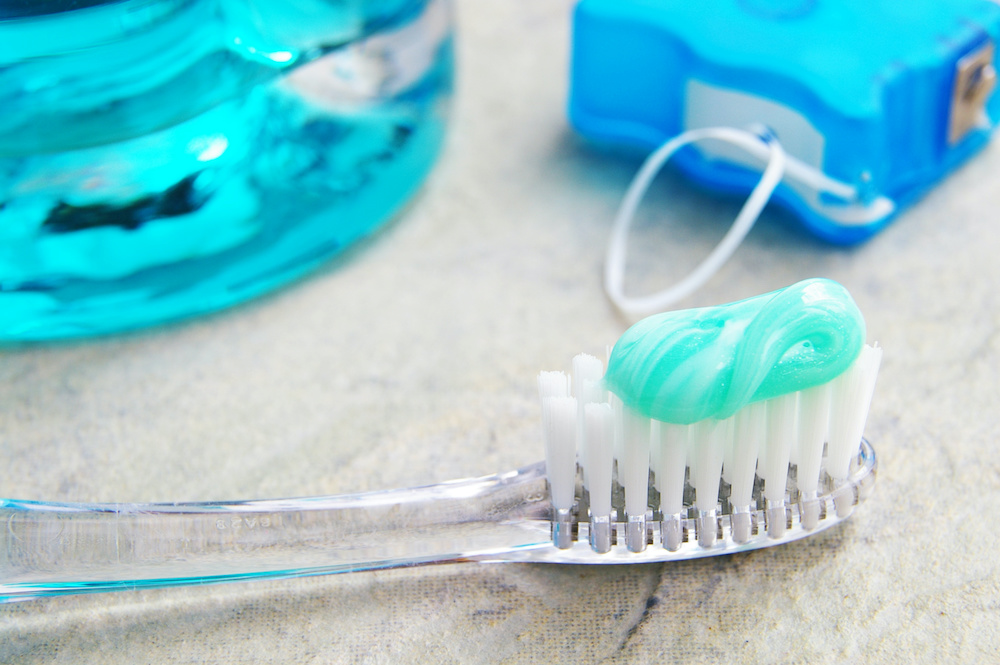While it’s always important to brush your teeth and keep up your dental hygiene, it’s even more so when you have braces. What you eat and how you clean your teeth will not be the same with braces, but don’t worry – it’s not scary or difficult to adjust to life with braces.
Plaque
You want your teeth to be straight and pretty after getting your braces off, but you also want to make sure that they are as strong and healthy as they were before even seeing an orthodontist. Orthodontic equipment and appliances do not cause tooth decay or disease on their own, but if not properly cared for and cleaned, food and plaque can be trapped in and around them. Plaque is the sticky buildup of bacteria on and in between teeth that causes tooth decay, discoloration and gum disease.
Plaque comes from a buildup of bacteria on the surface of the teeth. This buildup creates groups of thick white or yellow plaque that can be visible on the teeth within hours. If not treated and removed, the bacteria can produce acid that wears away your tooth enamel, causing decay. This can be prevented by regular, good brushing. You want to make sure you brush your teeth thoroughly so you don’t leave any spots with plaque buildup.
Tools to Use
Brushing with braces can be a little more difficult than normal but that doesn’t mean it’s impossible. There are tools to help you keep your pearly whites, well, pearly white. A regular toothbrush can still do the trick and electric toothbrushes actually work really well on and around your brackets. You want to make sure your toothbrushes have smaller heads to reach in between the brackets and wires. If you have a child with braces at school, make sure they have a toothbrush and toothpaste with them so they can brush their teeth after eating lunch.
Flossing is just as important, but getting in between your teeth can be a feat with wires stretched across your mouth. Floss threaders are a great way to get a piece of floss behind the wire. Shaped like a larger threading needle, you just put the floss in the threader’s eye and work its way behind your wire.
Mouthwash is always a great idea as well to rinse out your mouth and get rid of any leftover bacteria on your mouth and tongue.
Just because you’re seeing the orthodontist regularly doesn’t mean you shouldn’t go to the dentist. It’s actually important to go to the dentist more often with braces, so don’t brush off (pun intended) the idea of going to the dentist. They will examine your teeth in a different way than the orthodontist to make sure you are taking care of your dental health. So as long as you keep up with your brushing and flossing, your orthodontist, your dentist and your teeth will all be happy.
If you have any questions about how to take care of your teeth and how braces can affect them, call us at (843)4-BRACES.
